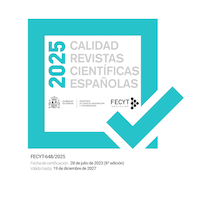Evolution of the location of fuel supply facilities: regulation and administrative coordination
Keywords:
Administrative powers coordination, hydrocarbons, petrol station, liberalization, roads, urban planning, administrative licenses, deregulationAbstract
To achieve the Objective n.11 of the 2030 Agenda, related with having sustainable cities and communities, is necessary to promote territorial and urban planning and, thus, the best coordination of the administrative powers that overlap. A requirement demanded by sustainable development. We have chosen the facilities for the fuel supply to verify if this is so; an economic activity necessary for daily life, whose implementation requires to be ordered from three different perspectives: hydrocarbons, roads and urban planning. Therefore, we analyze the legislation involve, delimiting several common periods, from the creation of the Monopoly (1927).
Overall, the analysis carried out confirms that, with respect to the implementation of these facilities, there has traditionally been a balance in the regulations and the exercise of the corresponding powers in the field of hydrocarbons, roads and urban planning, with a special leadership of the municipal administrative licenses.
However, nowadays this balance seems to be broken in some specific matters, in favor of the economic development, trying to promote more coordination throughout a common procedure for the whole administrative requirements, that must be guarantee by the Comunidades Autónomas legislation.






